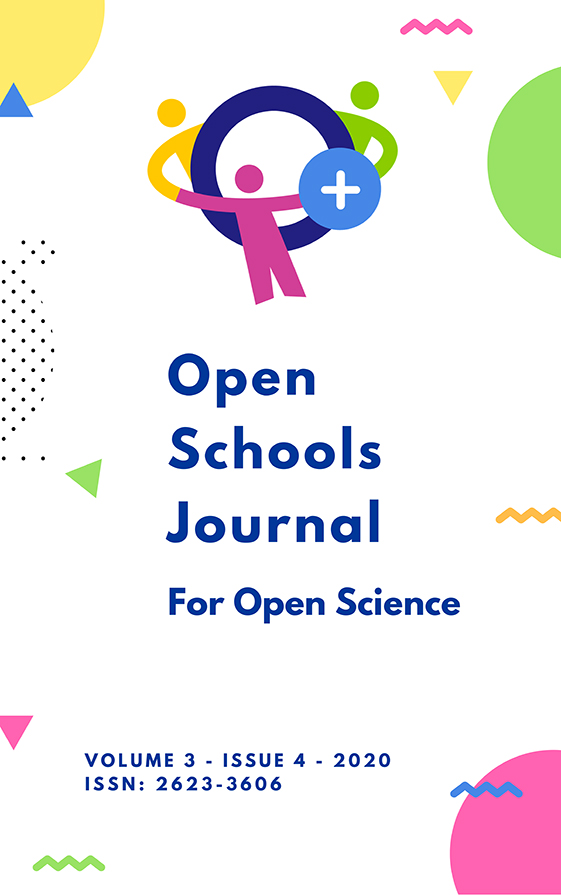Happy 2 Smell (H2S)

Abstract
A problem was initially identified: the emission of polluting gases into the atmosphere, namely hydrogen sulphide, H2S, by the tanneries close to our school district. After carrying out theoretical investigations in Biology and Chemistry, the students developed an idea for a project, which consisted of creating a biological filter, with a porous matrix that could be easily traversed by the H2S gas, using, for this purpose, the dry fruit of the plant Luffa aegyptiaca. This material possesses a high porosity and good physical and chemical resistance, serving as a support matrix for sulphur bacteria and, initially, also their culture medium. In collaboration with Alcanena's Wastwater Treatment Plant, sludge from different treatment stages containing sulphurous bacteria were collected. These bacteria manage to transform H2S into sulphur and water. Finally, in collaboration with CTIC (Technological Center for the Leather Industry), iodometric titrations were carried out, proving the effectiveness of the produced filter.
Article Details
- How to Cite
-
Santos, S., Pereira, A., Duarte, D., & Fortunato, J. (2020). Happy 2 Smell (H2S). Open Schools Journal for Open Science, 3(4). https://doi.org/10.12681/osj.23451
- Issue
- Vol. 3 No. 4
- Section
- Portugal

This work is licensed under a Creative Commons Attribution-NonCommercial-ShareAlike 4.0 International License.
Authors who publish with this journal agree to the following terms:
Authors retain copyright and grant the journal right of first publication with the work simultaneously licensed under a Creative Commons Attribution licence that allows others to share the work with an acknowledgement of the work's authorship and initial publication in this journal.
Authors are able to enter into separate, additional contractual arrangements for the non-exclusive distribution of the journal's published version of the work (e.g. post it to a repository), with an acknowledgement of its initial publication in this journal.
Authors are permitted and encouraged to post their work online prior to and during the submission process, as it can lead to productive exchanges, as well as earlier and greater citation of published work (See The Effect of Open Access).


